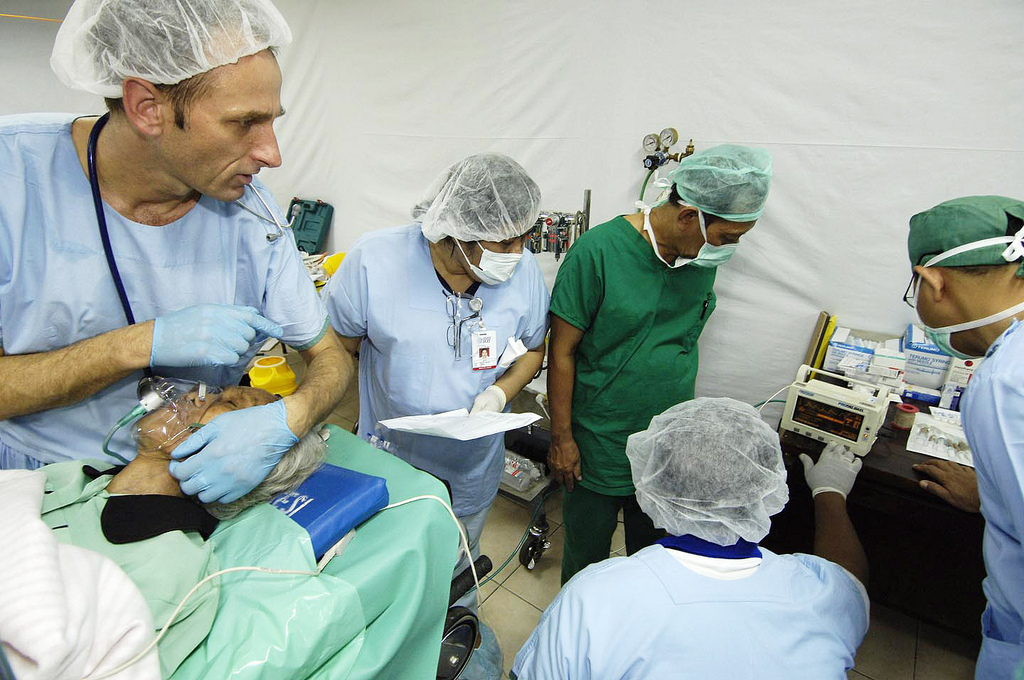The Toll on Aid Workers
Humanitarian intervention is an oft-discussed section of ethical debates. The issue of when, how, and where to send aid regularly plagues the world community. The flip side of the coin, which is less discussed, is the toll that such aid work takes on the workers – and whether it is ethical to harm the helpers in order to save devastated populations.
Recent studies have shown that aid workers are very prone to suffer mental health crises. 80% of aid workers reported some sort of mental health issue, with about half declaring they had been diagnosed with depression; 30% of field workers had post-traumatic stress after returning home. Stress and danger has been cited as a cause. Humanitarian aid workers are very likely to be placed in dangerous areas and confronted with traumatic human tragedies; they have to see war, natural disasters, starvation, and so on. The lack of a feeling of security can take a toll on mental health, especially when the past couple years have been some of the most dangerous for aid workers. In 2013, there were 155 workers killed, 171 seriously wounded, and 134 kidnapped.
In addition to the dangerous conditions, there is a lack of support; the workers are far from home, and there are no dedicated and established mental health support services for aid workers like there are in the military. There is also stigma with admitting the work has taken a toll on their mental health, in fear of either being declared unfit for duty or ostracized from the group. Many workers also do not receive appropriate time off in between assignments. Conflicts are becoming more dangerous, and require longer time commitments on deployments than before. The current systems do not seem to have adapted across the board to accommodate the shifts in the type of interventions and aid deployments needed to be effective.
While they are doing ethical work, the toll that it takes on the aid workers can be fairly extreme. Is it ethical to send in aid workers when their mental health is at stake? Since they decided to go into the line of work, does that affect how ethical it is? How do we balance ethically assisting populations in need with ethically treating aid workers?





